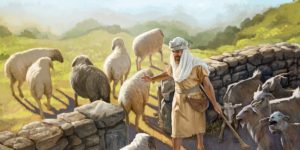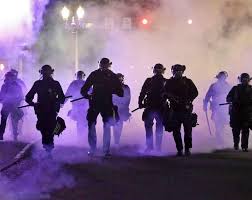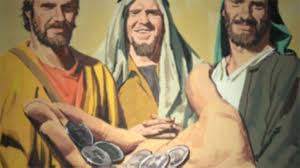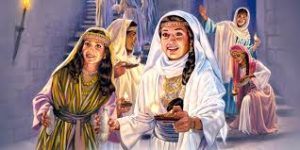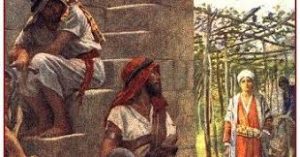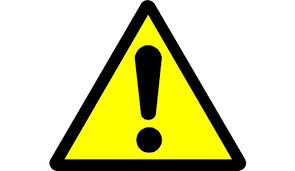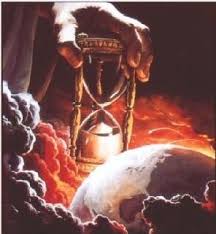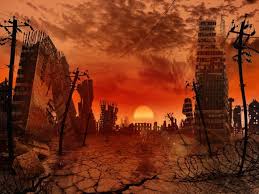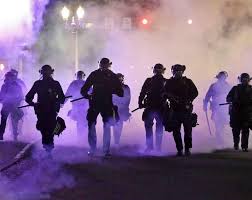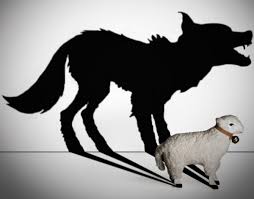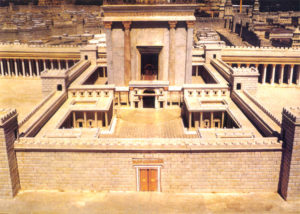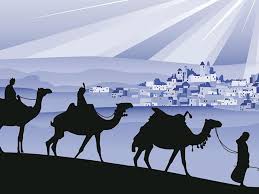Jz – The Preparation for Christ’s Death on the thirteenth of Nisan
The Preparation for Christ’s Death
Late in the afternoon
on Wednesday the thirteenth of Nisan
While Jesus was teaching His apostles some parables to help them understand the coming events, the Great Sanhedrin was gathered at the house of Caiaphas. They were in a frenzy. Killing the maverick Rabbi was their only solution, but the time was short. First, the Nazarene needed to be arrested. After that, there needed to be a trial. But they knew that no trials could be held on the Sabbath, and the Sabbath was fast approaching.
If they were going to kill Yeshua they needed to have Him arrested and tried before sundown on Friday, the fifteenth of Nisan. Making matters even worse, they had to deal with their own laws that were restricting them (to see link click Lh – The Laws of the Great Sanhedrin Regarding Trials). But Caiaphas knew that all those details could be massaged. The most important thing at that time was to arrest the Galilean Rabbi. All the other problems could be worked out once that happened.
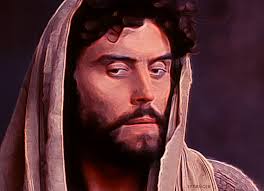
None of the people who had listened to the Lord in the Temple during the week could be alerted about the arrest or there would be a riot. That would mean Pontius Pilate would get involved and Caiaphas would be blamed. So the arrest had to be kept secret.
For that, Joseph Caiaphas needed some help. Little did he know that one of Christ’s own talmidim was making plans to provide it (see Kc – Judas Agrees to Betray Jesus).
All Judas wanted was money.1354
The times I have associated with the different events of Friday, the fifteenth of Nisan are merely estimates to help the reader understand the sequence of events. There are only three times that we can be sure of. First, Messiah was nailed to the cross at nine o’clock in the morning. Secondly, He died at three o’clock in the afternoon. And third, that He was put in the tomb of Joseph of Arimathea before sundown.



